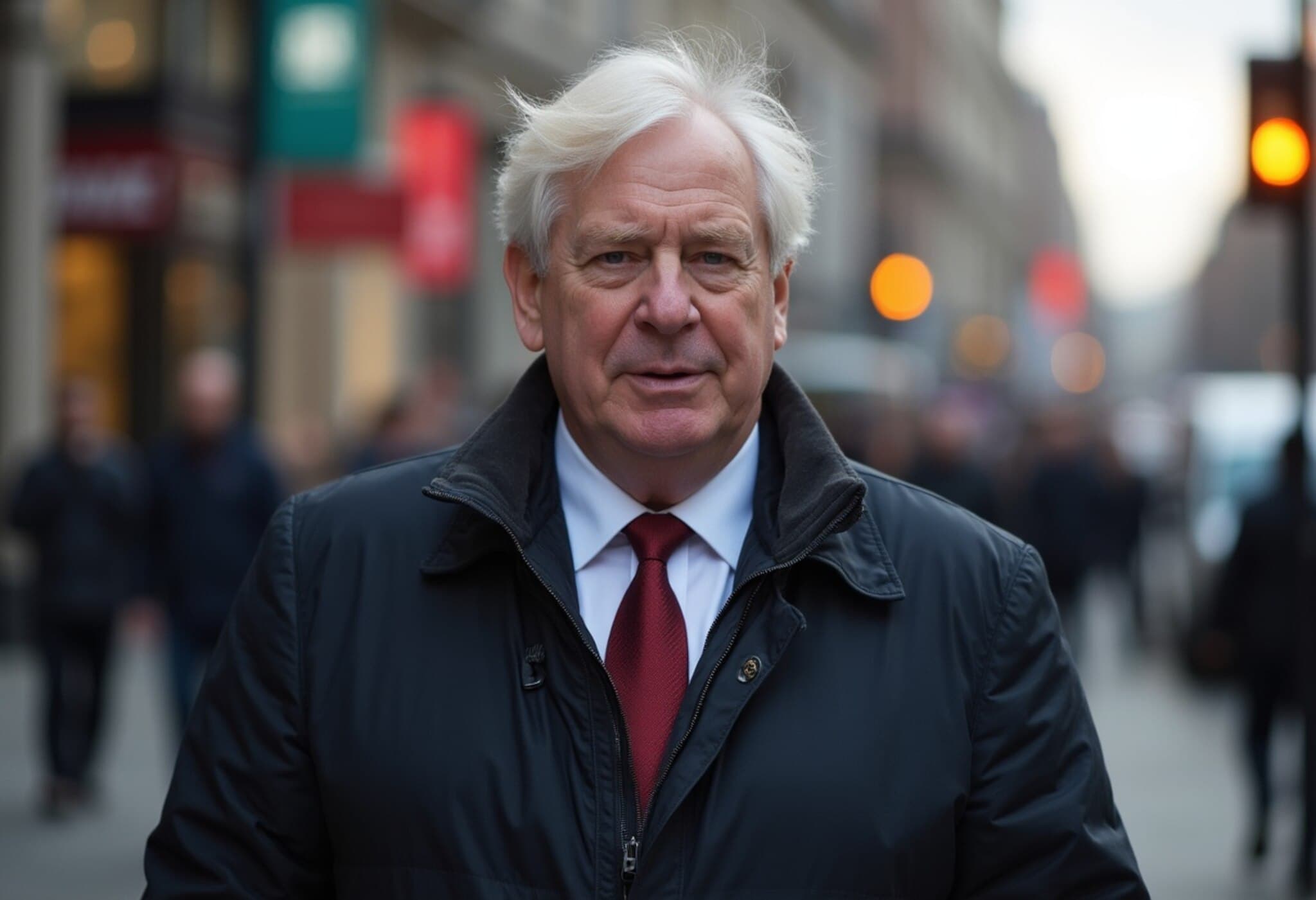UK’s Online Safety Act: Balancing Child Protection and Internet Freedom
On July 25, the United Kingdom rolled out a pivotal but highly contested piece of legislation under the Online Safety Act, requiring major digital platforms—including pornographic sites like PornHub and RedTube, as well as giants like Spotify and Reddit—to implement robust age verification systems. The goal is clear: to shield children from harmful online content such as pornography, hate speech, and materials promoting self-harm. Yet, the law’s execution has ignited fierce backlash on both sides of the Atlantic.
What Does the Online Safety Act Entail?
This law enforces a duty of care on platforms hosting user-generated content, compelling them to actively prevent and manage access to harmful materials. It targets exposure to explicit adult content and harmful behaviors—suicide, eating disorders, and hateful conduct—by requiring stringent age checks and content moderation.
Although years in the making, the Act’s introduction met delays fueled by privacy advocates and free speech proponents concerned about potential overreach and censorship. These concerns have only intensified since implementation began.
Privacy Concerns Spark Public and Political Outcry
At the heart of the controversy lies the nature of age verification methods. Many users express dismay at having to submit sensitive personal data—such as government-issued IDs, credit card details, and selfies—to access content, even on platforms where such stringent measures seem disproportionate.
Spotify, Reddit, and even X (formerly Twitter) have adapted their platforms to comply, causing debates over what constitutes “explicit content” and who carries the responsibility to enforce these boundaries online.
The backlash isn’t limited to public frustration. The surge in the use of virtual private networks (VPNs) in the UK hints at users seeking to circumvent national restrictions—introducing unintended consequences for online safety and enforcement.
Legal Battles and the Case of Wikipedia
On a significant legal milestone, the UK High Court recently classified Wikipedia as a ‘category one’ online platform, thereby subjecting it to verification requirements. Wikimedia, the nonprofit behind Wikipedia, has publicly stated it might restrict UK visitors rather than comply — highlighting the tensions between open knowledge access and stringent safety regulations.
American Politicians Raise Alarms Over Free Speech and Trade Implications
This UK policy reverberates across the Atlantic, where U.S. lawmakers are voicing sharp criticism. Vice President JD Vance warned that such laws could become a “dark path,” fearing that they might unfairly burden American tech companies and stifle innovation.
Meanwhile, Representative Jim Jordan condemned sweeping European internet safety rules, asserting they create a “chilling effect” on free expression and threaten First Amendment rights.
Speculation swirls around whether the U.S. might push for more lenient internet laws in future trade negotiations with the UK, but British officials stand firm, emphasizing sovereignty over digital regulation.
Global Trends in Age Verification Laws: A Growing Movement
Britain’s approach is not isolated. Similar age verification regulations have been enacted or tested in Australia, Ireland, and several European nations, including France and Italy.
In the U.S., states like Louisiana have begun passing laws regulating age verification on adult content sites, with others considering comparable measures. This suggests a worldwide reckoning with the challenge of protecting minors online without compromising privacy or freedom of expression—a difficult balance to strike.
What Lies Ahead?
The implementation of the Online Safety Act serves as a bellwether in the ongoing struggle to regulate the internet in the modern age. It raises pressing questions: Can governments protect vulnerable populations without encroaching on fundamental rights? Will the rise in VPN use undermine regulatory efforts? How will transatlantic dialogues shape the future of digital policy?
Editor’s Note
The UK's Online Safety Act reflects the complex intersection of child protection, privacy rights, and freedom of expression in the digital era. While the intention to safeguard minors is commendable, the debate highlights the urgent need for transparent, nuanced solutions that respect individual liberties. Policymakers, tech companies, and users alike must engage in ongoing dialogue to craft laws that protect without overreaching. As other countries watch and possibly emulate these measures, the balance struck here will ripple globally, shaping the internet’s future for years to come.



















